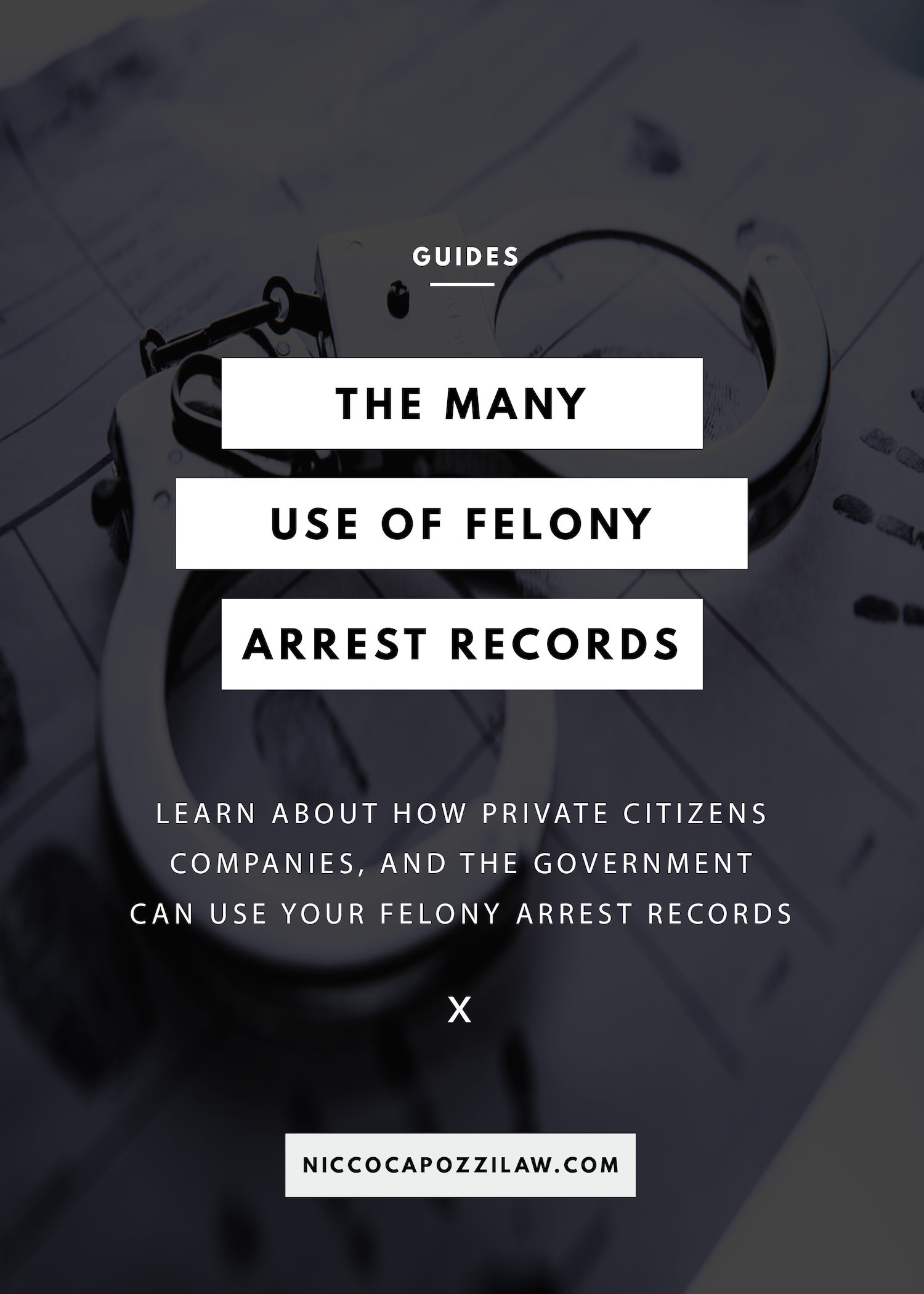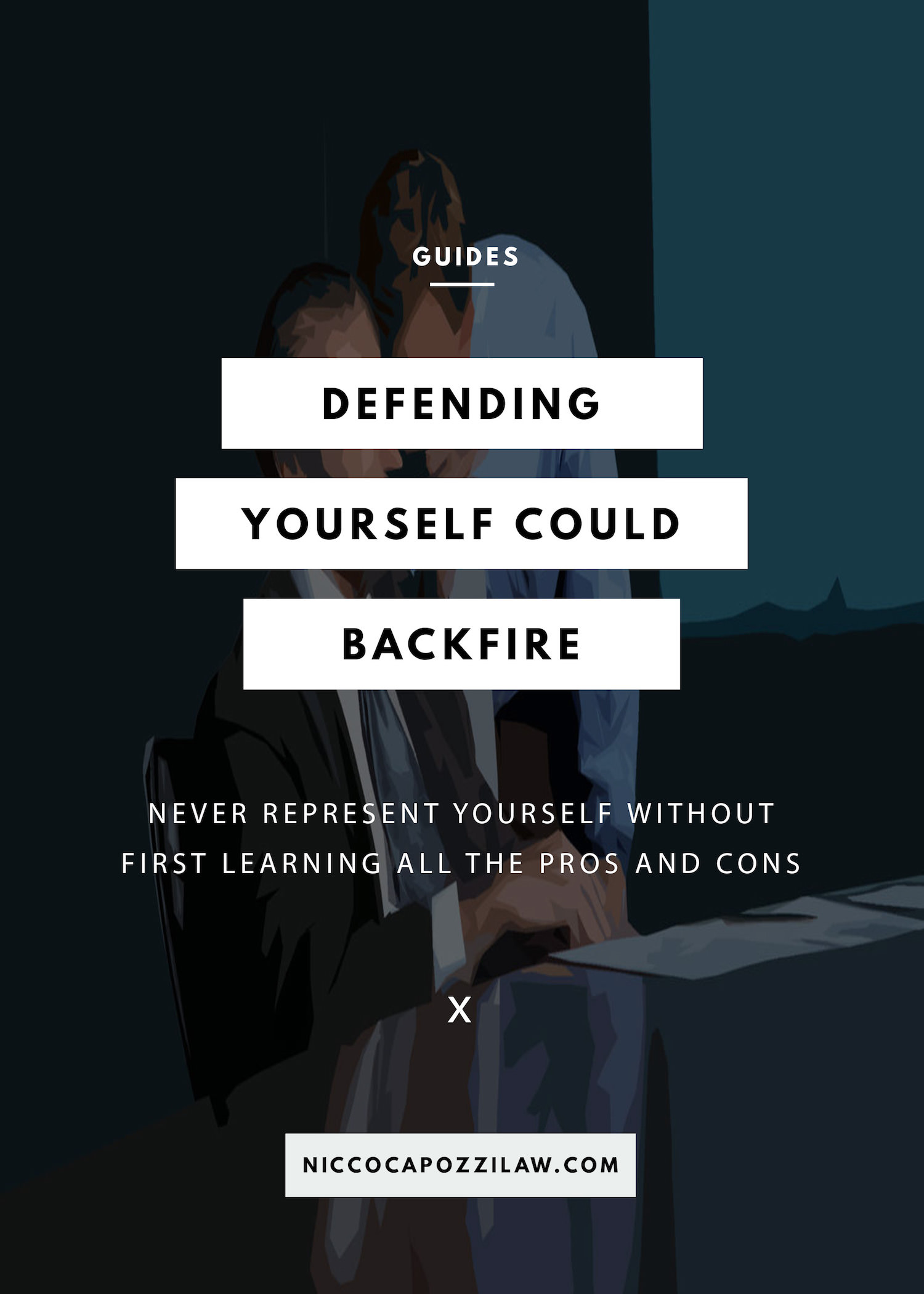If you are involved in a criminal case, either as a defendant or a witness, a Fresno criminal defense lawyer wants you to know how the Fifth Amendment can protect you.
Self-Incrimination and Criminal Cases
The Fifth Amendment states that “no person…shall be compelled in any criminal case to be a witness against himself.” A Fresno criminal defense attorney knows that “criminal case” includes:
• Preliminary hearings; • Grand jury hearings; • All pre-trial hearings; • Trial; and • Sentencing.
If there is any risk that disclosure can incriminate you, be it from the implication of the question or the setting in which it is asked, then you have the right to refuse to answer. Even if you are innocent, you can invoke the privilege if there is a cause for you to fear being prosecuted. When meeting with your attorney, discuss honestly why you feel you may incriminate yourself, and the attorney will advise whether you should invoke the Fifth Amendment.
Adverse Inference
In addition, a Fresno criminal defense lawyer advises that a prosecutor may not comment on your use of this privilege. This is known as “adverse inference.” Not only may a prosecutor not comment, but the jury must be instructed to not draw any adverse inference by your utilization of this privilege.
Know Your Rights
For more information regarding using the Fifth Amendment when you are a defendant or a witness, and other protective measures, schedule a meeting with Fresno criminal defense lawyer Nicco Capozzi at 559-374-2012.






